Bishop Marcelo Sanchez Sorondo Defends The New Encyclical’s Views on Climate Change and The Vatican’s Collaboration With Controversial Secular Figures
Inside the Vatican Gardens, on a low hill on the inner side of the Museums, there stands a 16th-century building, the Casina Pio IV. In its spacious rooms can be found the Pontifical Academy of Sciences and the Pontifical Academy of Social Sciences. Chancellor of both Academies is 72-year-old Argentine bishop and theologian Marcelo Sanchez Sorondo, a great friend of Pope Francis, who lately has been at the center of heated controversies (especially in the US) concerning theories about global warming (which can also be found in the recent encyclical, Laudato Si’). His role in the midst of controversy was also evident at a recent conference on the new slavery, the guests of honor at which were UN Secretary-General Ban Ki-Moon and the controversial neo-Malthusian American economist Jeffrey Sachs. We asked the Argentine prelate some questions regarding these topics, and very vigorously, even passionately, he defended his point of view…
Monsignor Sanchez Sorondo, let’s begin with the encyclical Laudato Si’. The first draft of the text was made by the Pontifical Council for Justice and Peace, who gave it to the Pope. Then, according to various sources, the Pontifical Council was no longer directly involved, and the encyclical made public had a very different structure with respect to its initial one. It is said to have been “snatched away” from that dicastery and entrusted in particular to the Pontifical Academy of Sciences, of which you are chancellor… Do you know anything about this?

Pope Francis addresses a workshop on climate change and human trafficking attended by 60 mayors from around the world at the Vatican on July 21. All signed a declaration stating that climate change and extreme poverty are influenced by human activity. From left, Argentine model Valeria Mazza, master of ceremonies; Bishop Marcelo Sanchez Sorondo, chancellor of the Pontifical Academy of Sciences; Cardinal Francesco Montenegro of Agrigento, Italy; Pope Francis; and Cardinal Claudio Hummes, former Prefect of the Congregation for the Clergy (CNS photo/Paul Haring)
Monsignor Marcelo Sanchez Sorondo: In January, in mid-flight from Sri Lanka to the Philippines, the Pope responded to a question on this subject, noting that the first draft had been made by the Pontifical Council as mentioned, after which he had worked on it with some associates, and then it had passed into the hands of some theologians. Copies were then sent to the Congregation for the Doctrine of the Faith, the Secretariat of State, and the theologian of the Pontifical Household. In the end, the Pope signed it. I fail to notice the Pontifical Academy of Sciences mentioned at any point…
But there are whole parts dedicated to technical and scientific matters …
Sanchez Sorondo: It is more than possible that our texts were used as a source. The scientific theses in the encyclical, as anyone can verify, are theses that we support. The encyclical is not a scientific document, but, rather, a pastoral one, which does use, however, data from the natural and social sciences. When the encyclical says that there is a climate problem, it is clear that this may have been drawn from the Academy. We were the first to raise the issue: we have been saying for decades that there is warming due to human activity. It’s a theory shared by 99% of scientists.
At the official presentation of the encyclical, speakers on scientific topics were given plenty of time in the spotlight: among these was Professor Hans Joachim “John” Schellnhuber, a “guru” of global warming and supporter of the theory that, to avoid universal disasters, the earth cannot tolerate more than a two-degree increase in temperature. Schellnhuber, among other things, had been appointed an ordinary member of the Academy one day beforehand: there was certainly no coincidence in this recognition. In his speech he was clear and incisive, thanks in part to the slides he used to illustrate the progressive rise in temperature and pollution … It was terrific, as far as university lectures go, but did anyone ask the question: What the heck does this have to do with an encyclical by the Head of the Catholic Church?
Sanchez Sorondo: Whoever wonders about this matter apparently has not understood anything about the encyclical …
That’s a severe judgment…
Sanchez Sorondo: Let me explain. The encyclical’s basic approach is theological …
There are some who doubt that…
Sanchez Sorondo: But it is theological. The Pope makes a reflection that begins with faith, as it passes through reason. It is like that with all encyclicals. In this case, Pope Francis is reasoning about the earth. I say the earth and not nature, because nature is much larger than the earth… we are a grain of sand in the universe. When we say we are stewards of Creation, that is correct… but for now we cannot even be stewards of our galaxy, not even our sun… It was hard enough for us to get to the Moon, and we have not yet made it to Mars. So we have to be conscious of our limitations; we are caretakers only of the earth. The Bible says this, and, I would say, so does St. Francis, explicitly. Even St. Thomas does, when he says that everything is created and redeemed by God…
Even animals and plants, together with mankind?
Sanchez Sorondo: Yes, all of them, all of them. There will be a new heaven and a new earth. The idea of St. Francis speaking of Sister Earth makes this explicit. I like to quote the biography of St. Francis written by Chesterton: the writer says that St. Francis made it clear that nature is created by God. God is present in all Creation: the three Persons of the Trinity made Creation as a process which corresponds to the eternal process of divine revelation.
A criticism of the encyclical has been that, for long stretches of the text, the Pope discusses matters that are not strictly within his competence…
Sanchez Sorondo: Yes, that reproach was made by some Republican candidates for president of the United States. But the Pope knows what religion is… he knows that we can talk about all things in relation to God and therefore we can also talk about the earth in relation to God: religion is precisely this! What does St. Thomas say about this, in his Summa Theologica? It has to do with God and all things that have a relationship with Him.
So it’s not that Pope Francis intends to teach science to the scientists…
Sanchez Sorondo: No; rather, he uses the most credible scientific data available, to describe the situation that the earth is in. We are custodians of this Earth, and we are supposed to help it along in its progress. We need to monitor it and foster development, a development that is sustainable…
Speaking of sustainable development, lively debate was sparked — in the United States, particularly — in late April, when a Vatican conference whose theme was “to protect the earth, to ennoble humanity: the moral dimensions of climate change and sustainable development” included as participants UN Secretary-General Ban Ki-moon and his adviser for so-called Millennium Goals, the economist Jeffrey Sachs, who is director of the Earth Institute at Columbia University. Sachs is a controversial economist, also because of the drastic neo-Liberal therapies he suggests to the governments of Latin America, and for his ideas about “overpopulation” (“low-priced, low-risk” abortion). You welcomed, with full honors, the general secretary of the UN, an organization which, for many, is highly discredited, and his advisor: both are in favor of birth control and abortion…
Sanchez Sorondo: Certain circles in the US wanted to downplay the encyclical even before it was presented, because they do not believe the climate crisis stems from human activity…

Pope Francis shakes hands with UN Secretary-General Ban Ki-moon during a meeting at the Vatican April 28. Ban spoke at a Vatican summit on the moral dimensions of climate change and its impact on the poor (CNS photo/L’Osservatore Romano via Reuters)
But is this a legitimate opinion from the scientific point of view?
Sanchez Sorondo: We don’t believe so. And in fact these people have no important scientists on their side, in defense of their thesis. The scientific community, the scientific academies worldwide, share a common mind with us. The Pope also says this in the encyclical. A disproportionate attack was brought to my attention, with the aim of removing all seriousness from our conclusions. According to them, if we work together with them, this means that we are working with people who are not part of the Catholic world, and thus the conclusions we come to are also outside of Catholicism.
However, criticism of the conference also pointed a finger at the pro-abortion positions of the Secretary General and his advisor …
Sanchez Sorondo: But when he asked us to organize the conference, the Pope did not ask for it to be about abortion! Do you want to know what he wrote to me? “Marcelo: Creo que seria bueno tratar sobre trata de personas y esclavitad moderna. La trata de organos puede tratarse en conexion con la trata de persones. Muchas gracias. Francisco.” (“Marcelo: I think it would be good for it to be about human trafficking and modern slavery. Organ trafficking can be discussed in connection with human trafficking. Thanks so much. Francis.”) They attacked us on false pretenses, instead of judging us on what we did. And what we did was a difficult job, because we wanted the UN to include those subjects among its Millennium Goals.
Did you obtain what you wanted?
Sanchez Sorondo: We don’t know. But we have the promise of Ban Ki-moon, and we have Sachs’ promise, too, and he is in charge of the new wording of the Millennium Goals text. Concerning the part of the document that discusses social exclusion, we asked for there to be a focus on the new forms of slavery, such as forced labor, prostitution, the sale of organs, and hopefully even drug trafficking. We show that we want to defend the family, as they say. Prostitution — the most striking example — is a serious attack on the life of the family. So-called “sex tourism” is, too. This is why we asked our critics to sign the declaration on the new slavery, but to date they have not done so.
The reason they haven’t is up to them to defend. But critics insist on pointing out your collaboration with Ban Ki-Moon and Sachs, as highlighted…
Sanchez Sorondo: They do not recognize themselves as part of the descriptions that have been made…
However, the UN does use certain terms, indeed fraudulent ones, to misrepresent practices such as abortion: consider the expression “reproductive health,” which is undoubtedly irreconcilable with the Church’s social doctrine…
Sanchez Sorondo: Here too, we have to point out that the UN has never approved abortion rights. It is our envoys who have said it…
Regarding this, I remember the battles at the Cairo Conference of 1994, carried out by then-Permanent Observer to the United Nations, today Cardinal Renato Martino… those battles were won, not thanks to the so-called Western progressive states, but through alliances with many Eastern European and Islamic countries…
Sanchez Sorondo: I rest my case.
However, de facto, in its daily work, the UN and its agencies promote abortion, as well as — if I may remain on dramatic topics — so-called “gay marriage” and the deadly ideology of gender. This is evident if you read certain Position Papers for UNICEF, the United Nations Children’s Fund, for example…
Sanchez Sorondo: It is true that there are bureaucrats in favor of abortion, and certain countries aligned in the same direction. But it is not true that the UN is in favor of abortion! And it is false to continue saying that…
Yes, but the concept of “reproductive health” used in many documents, even while it does not speak explicitly of “abortion,” is misleading: it hides the truth… African Cardinal Robert Sarah, Prefect of the Congregation for Divine Worship, wrote in his recent book that “it is completely wrong that the Church allows itself to use terms that are used in the United Nations. We already have a vocabulary to express what we believe…”
Sanchez Sorondo: Of course the term is ambiguous. But you cannot say that the right to abortion is included in it, because the UN, thanks to the work of our diplomacy, has never recognized abortion… I agree with the observation of Cardinal Sarah, but I wonder, if the Church must talk about this matter, how does it go about doing it?
But when public opinion, especially in the West, hears about “reproductive health,” it thinks “abortion” … You know that in our society, with our misleading mass media, perception often becomes more truthful than truth itself…
Sanchez Sorondo: But the Church has a different interpretation of the contents of the term “reproductive health”: according to what was approved by the United Nations, it does not contain the right to abortion. The United Nations does not have the right to abortion, it simply does not! The idea that the bureaucrats of the United Nations are in favor of abortion rights is another matter…
But the bureaucrats are the United Nations!
Sanchez Sorondo: Bureaucrats are not the United Nations. But can you understand how foolish the people who say such things are, in the United States?
Our envoys have always managed to stop the right to abortion! If we say that the UN recognizes the right to abortion, we are doing something stupid, something against the Holy See!
To conclude on this subject… so are the great controversies in the US based on a colossal misunderstanding?
Sanchez Sorondo: I do not know the proper Italian word for describing the controversy, but “misunderstanding” is too weak a term. In this case, it was necessary to change the cards on the table, in order to play down what we mentioned above on the climate problem.
One critic wrote me that he prays for me. All right, I thank him, but I suggest to him: Why not access our site, and sign the document (written in three languages — English, Spanish and Italian) against the new slavery, that can be found there?




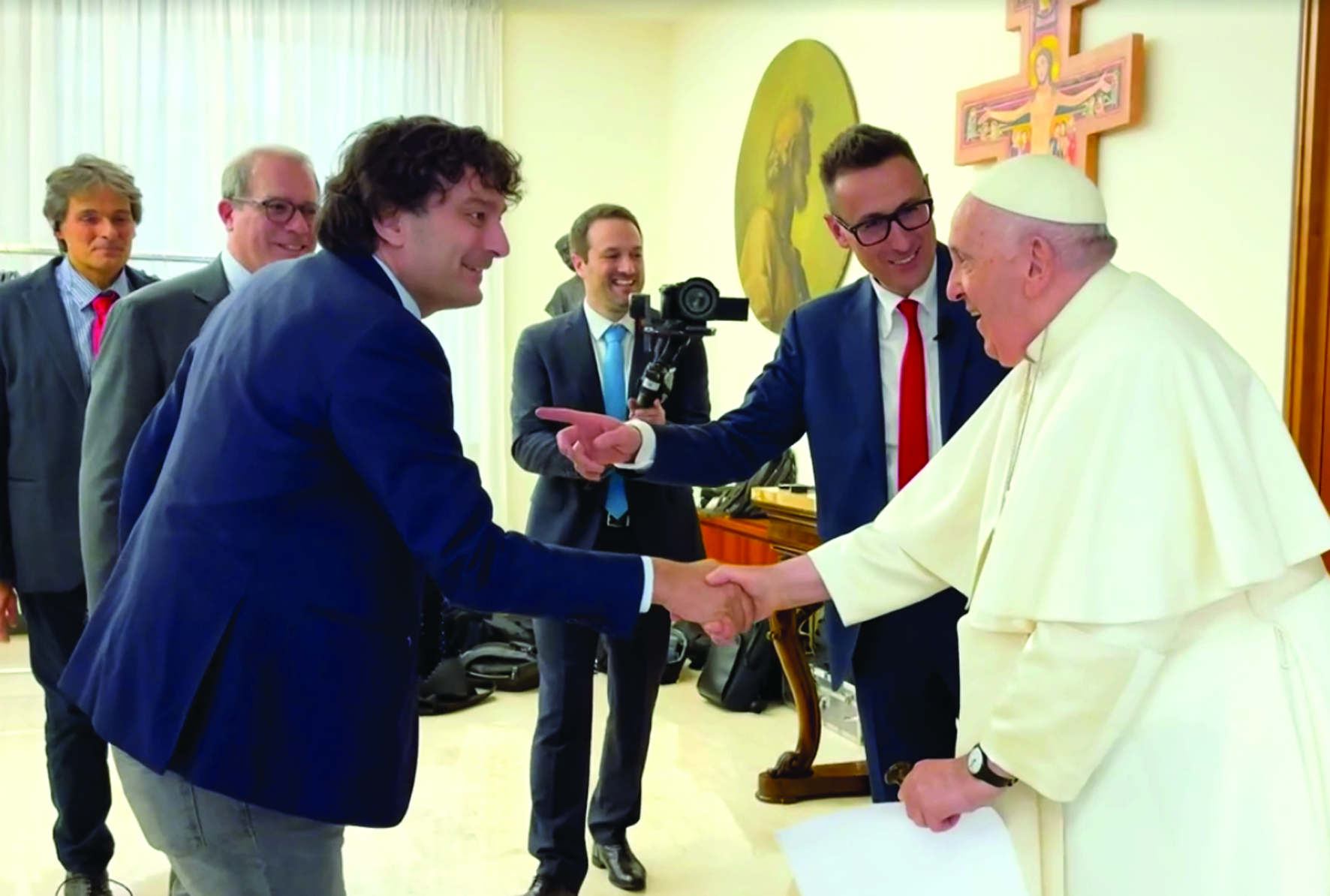
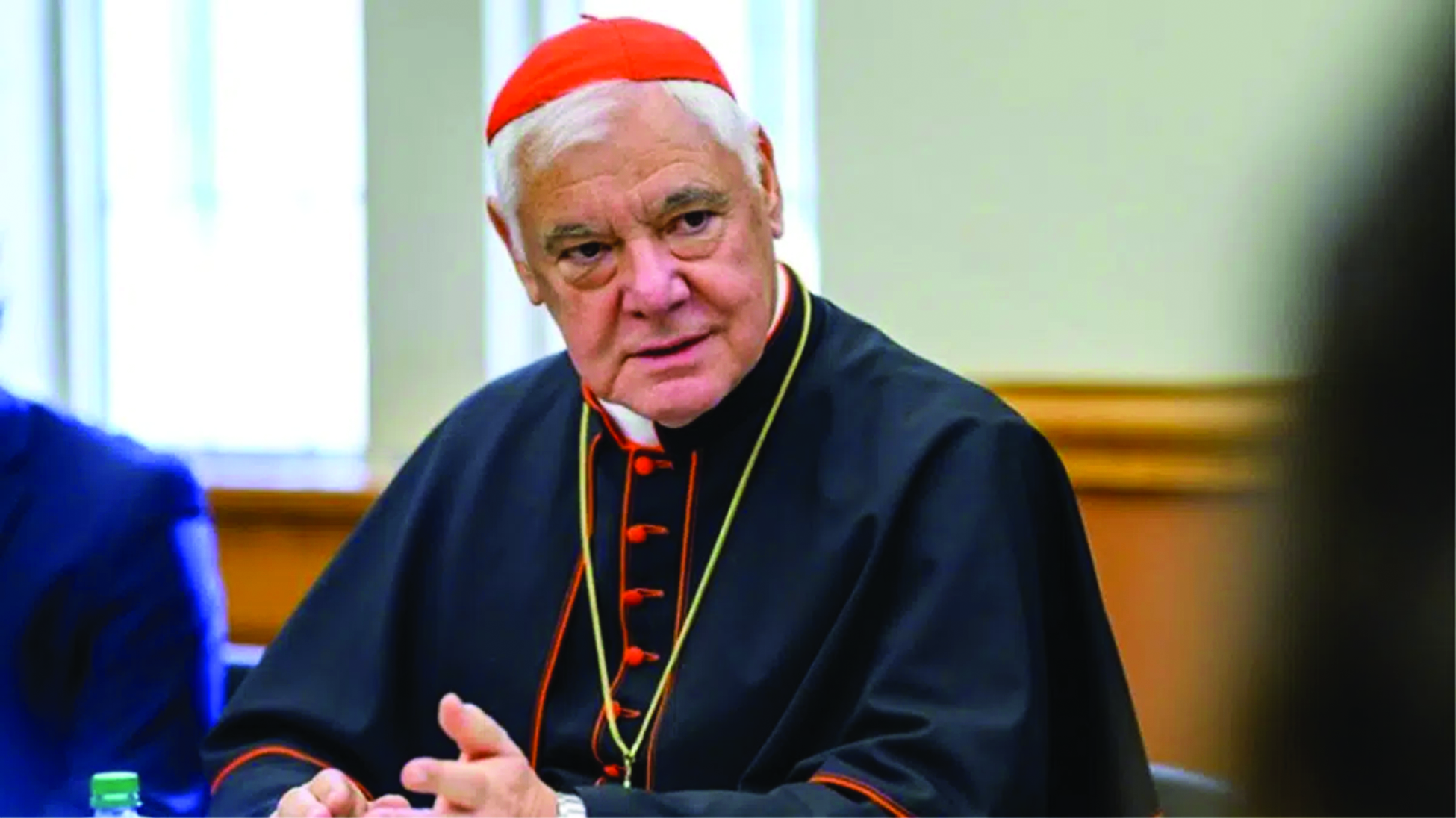
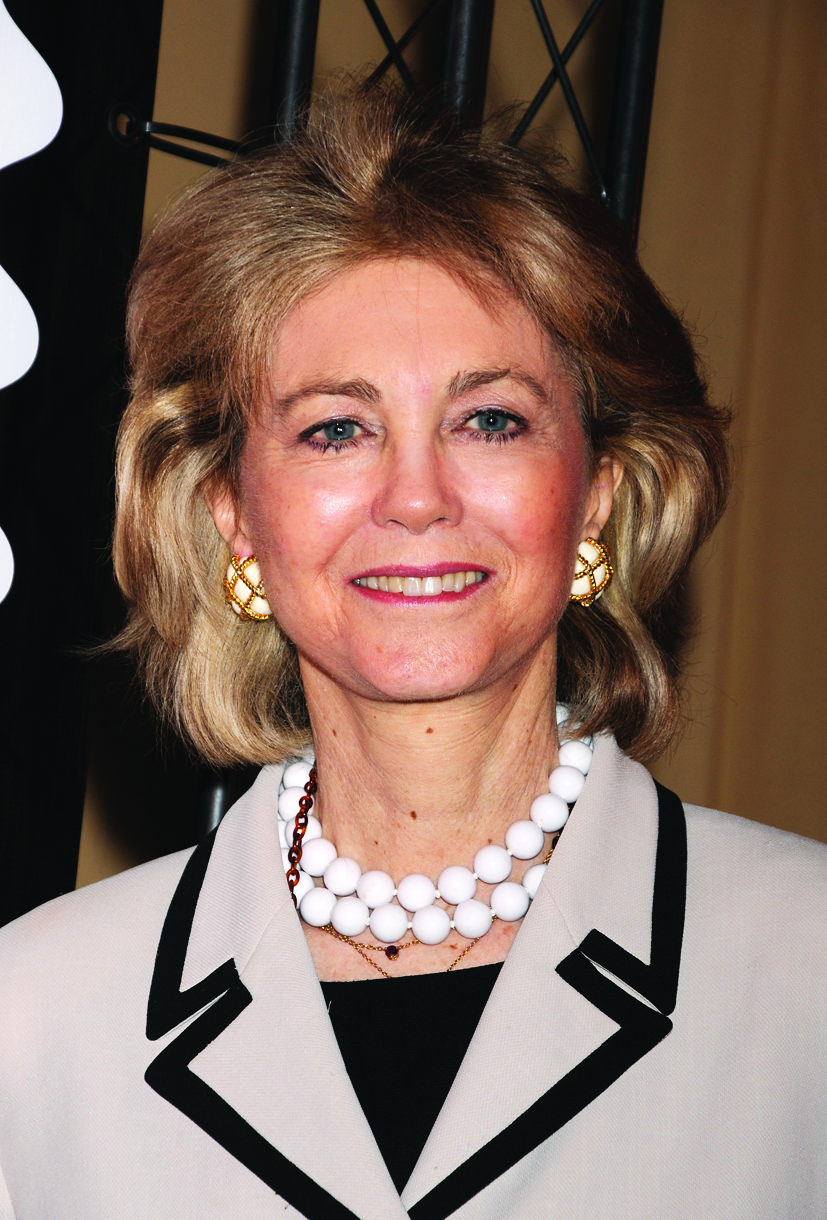
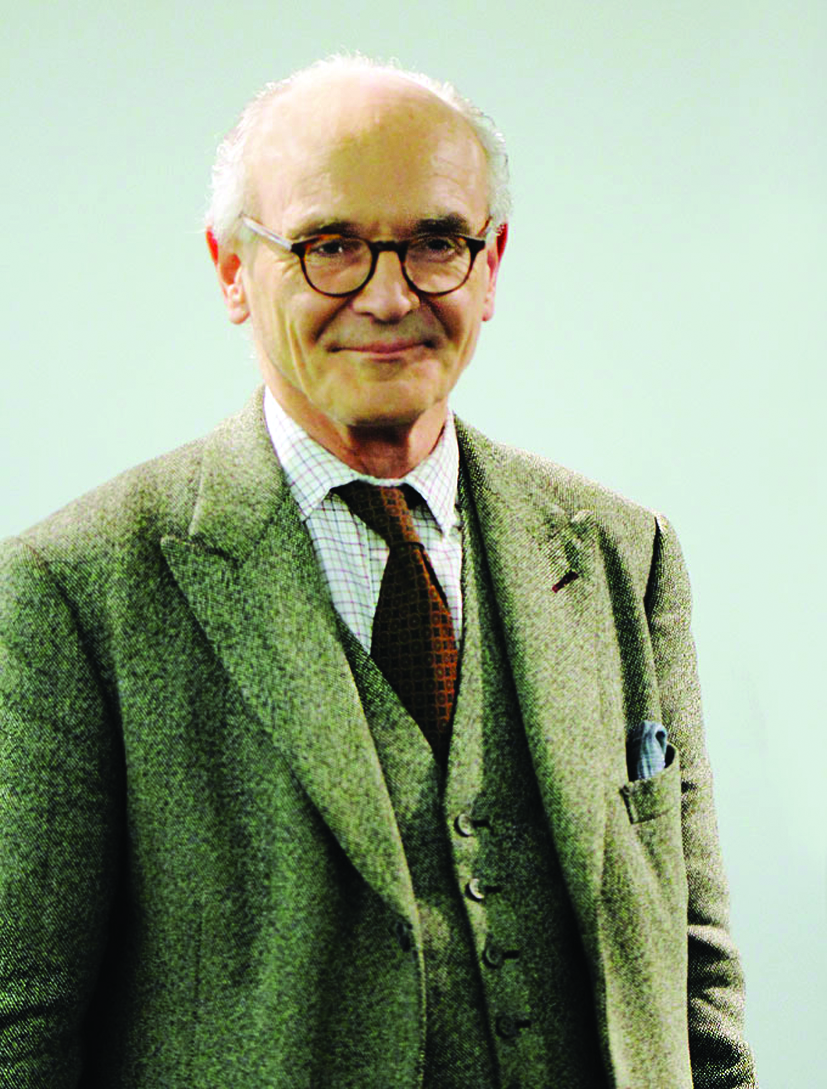
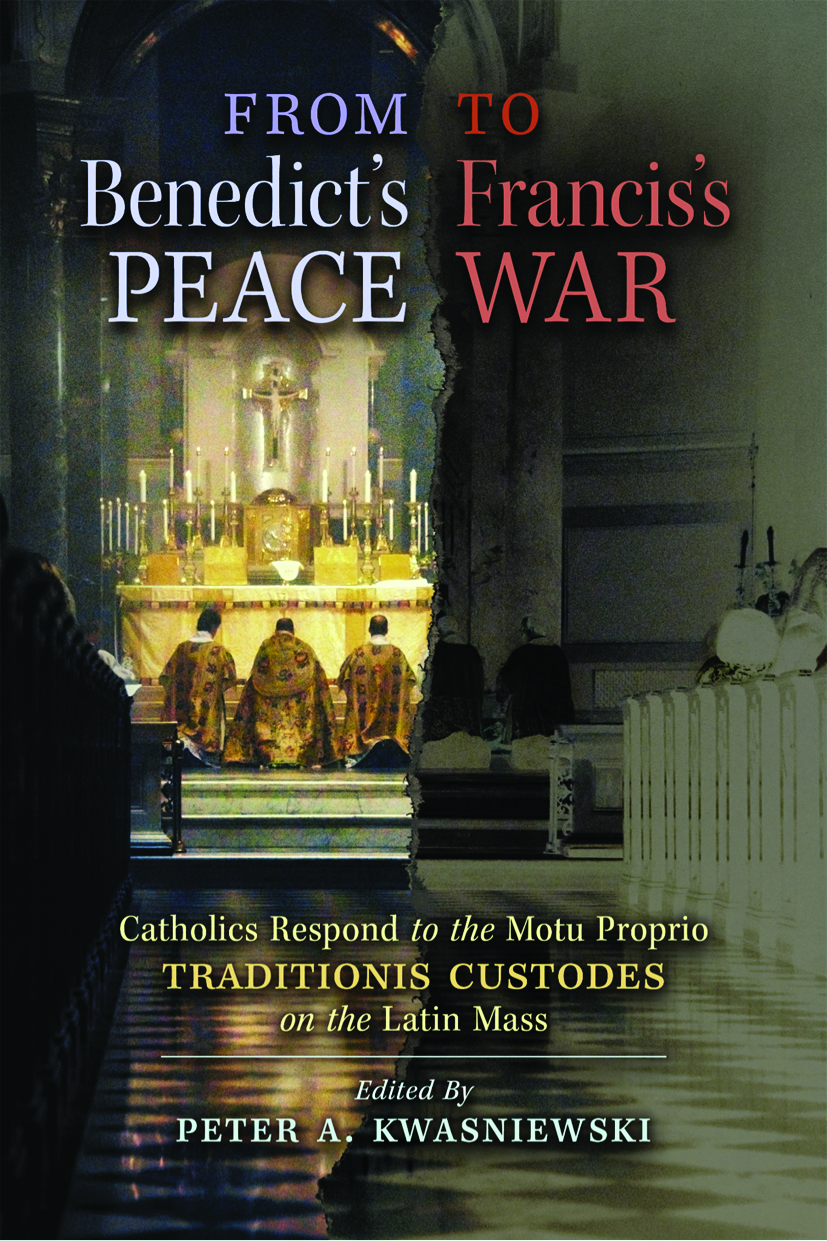
Facebook Comments